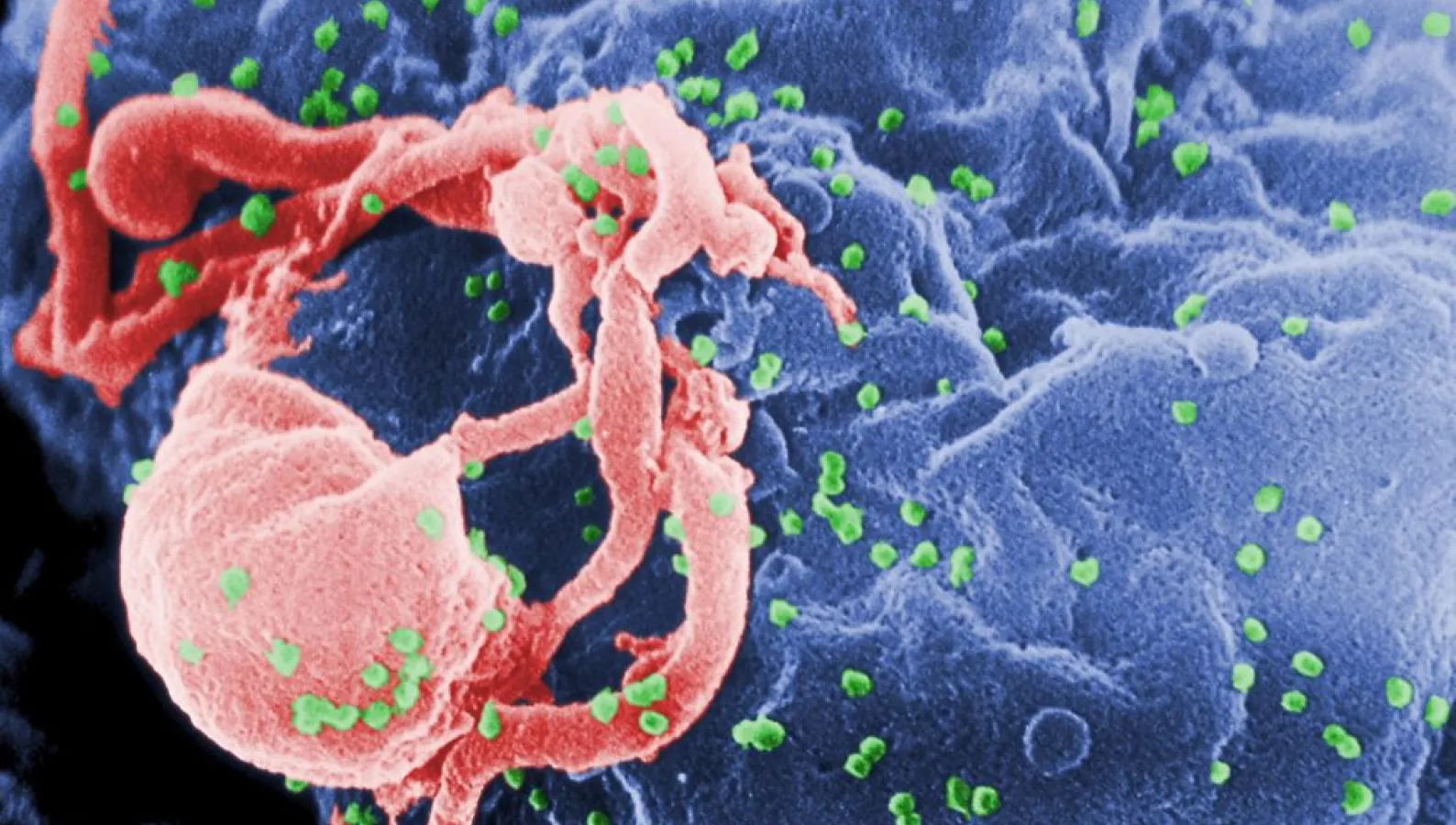Program Information
The program consists of an interdisciplinary network of research laboratories and clinical research sites in the following fields: clinical research at the adult and pediatric AIDS Clinical Trials Units, retrovirology, molecular biology, immunology, pharmacology, biochemistry, and pathology. Examples of currently available research programs include:
- Research in adult and pediatric AIDS neurobehavioral disorders in HIV-infected men
- Investigations of molecular pathogenesis of human immunodeficiency virus and human T-lymphotropic virus
- Investigations of the molecular determinants of simian immunodeficiency virus infection
- Studies of retrovirus animal models including feline leukemia and feline immunodeficiency virus infection
- Anti-retroviral pharmacodynamics, and studies of AIDS-associated Kaposi's sarcoma and lymphocyte regulation
Four graduate training programs are available for students interested in this area. The choice depends largely on the type of training desired and the participation of the major professor in one or more of the listed programs.
The Center for Retrovirology Research offers outstanding training opportunities for post-doctoral physician scientists and veterinarians and pre-doctoral students whose career goals are research and specialty education leading to a Doctor of Philosophy degree. Trainees are selected from the fields of retrovirology, molecular biology, immunology and pathology. The program is funded, in part, from current projects and is the focus of a NIH training grant application.
The training period is typically three to five years depending on the extent of basic science training required for each trainee.
Program training goals include formulation of research skills and methods involving patient materials, scholarly work (presentation and publication of research data), as well as understanding of basic science through rotations through research laboratories, HIV research clinics, course work and seminars.
Students with a baccalaureate, MD and/or DVM degree may apply for a program leading to the Doctor of Philosophy degrees.
- The GRE General Test is required of all applicants.
- Application materials available through the admissions office of The Ohio State University.
Funding for graduate student stipends and tuition is available from intramural and extramural sources including departments, Graduate School, private foundations, federal agencies and the pharmaceutical industry.
Retrovirology graduate students have an outstanding record of obtaining graduate fellowships from federal agencies (e.g., National Institutes of Health). In addition, several faculty participate in federally supported training grants.
Resources
National Institutes of Health
Professional Sites, Journals & Information
